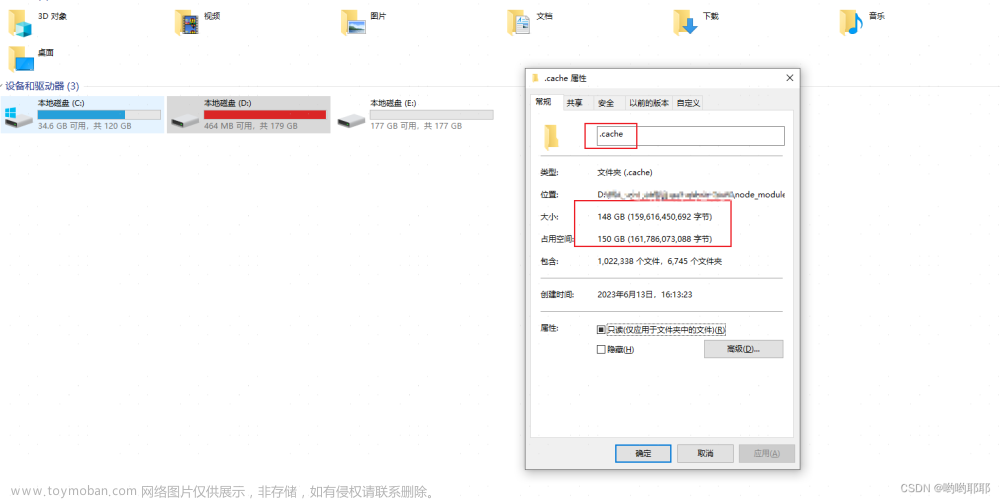Ivan has nn songs on his phone. The size of the ii-th song is a_iai bytes. Ivan also has a flash drive which can hold at most mm bytes in total. Initially, his flash drive is empty.
Ivan wants to copy all nn songs to the flash drive. He can compress the songs. If he compresses the ii-th song, the size of the ii-th song reduces from a_iai to b_ibi bytes (b_i < a_ibi<ai).
Ivan can compress any subset of the songs (possibly empty) and copy all the songs to his flash drive if the sum of their sizes is at most mm. He can compress any subset of the songs (not necessarily contiguous).
Ivan wants to find the minimum number of songs he needs to compress in such a way that all his songs fit on the drive (i.e. the sum of their sizes is less than or equal to mm).
If it is impossible to copy all the songs (even if Ivan compresses all the songs), print "-1". Otherwise print the minimum number of songs Ivan needs to compress.
Input
The first line of the input contains two integers nn and mm (1 \le n \le 10^5, 1 \le m \le 10^91≤n≤105,1≤m≤109) — the number of the songs on Ivan's phone and the capacity of Ivan's flash drive.
The next nn lines contain two integers each: the ii-th line contains two integers a_iai and b_ibi (1 \le a_i, b_i \le 10^91≤ai,bi≤109, a_i > b_iai>bi) — the initial size of the ii-th song and the size of the ii-th song after compression.
Output
If it is impossible to compress a subset of the songs in such a way that all songs fit on the flash drive, print "-1". Otherwise print the minimum number of the songs to compress.
Sample 1
| Inputcopy | Outputcopy |
|---|---|
4 21 10 8 7 4 3 1 5 4 |
2 |
Sample 2
| Inputcopy | Outputcopy |
|---|---|
4 16 10 8 7 4 3 1 5 4 |
-1 |
Note
In the first example Ivan can compress the first and the third songs so after these moves the sum of sizes will be equal to 8 + 7 + 1 + 5 = 21 \le 218+7+1+5=21≤21. Also Ivan can compress the first and the second songs, then the sum of sizes will be equal 8 + 4 + 3 + 5 = 20 \le 218+4+3+5=20≤21. Note that compressing any single song is not sufficient to copy all the songs on the flash drive (for example, after compressing the second song the sum of sizes will be equal to 10 + 4 + 3 + 5 = 22 > 2110+4+3+5=22>21).
In the second example even if Ivan compresses all the songs the sum of sizes will be equal 8 + 4 + 1 + 4 = 17 > 168+4+1+4=17>16.
题意翻译
现有 n(1≤n≤10^5)个物品,第 i 个物品的重量为 ai,可以进行 1 次操作使 ai 变为 bi(1≤bi<ai≤10^9)。
问最少多少次操作后能将所有物品装入空间为 mm(1≤m≤10^9)的背包。文章来源:https://www.toymoban.com/news/detail-706186.html
若无论如何也无法完成,请输出 -1。文章来源地址https://www.toymoban.com/news/detail-706186.html
#include<iostream>
#include<algorithm>
using namespace std;
typedef long long ll;
const int N = 1e5 + 10;
ll n, m;
ll a[N]; //记录体积压缩前后的差
//记得开long long,输入用scanf,不然会超时
int main()
{
scanf_s("%lld%lld", &n, &m);
ll sum1 = 0, sum2 = 0;
for (ll i = 1; i <= n; i++)
{
ll num1, num2;
scanf_s("%lld%lld", &num1, &num2);
a[i] = num1 - num2;//记录体积差
sum1 += num1; //记录压缩前的体积和
sum2 += num2; //记录压缩后的体积和
}
if (sum2 > m) //如果把所有歌曲都压缩还装不下,则返回-1
{
cout << -1 << endl;
return 0;
}
sort(a + 1, a + n + 1,greater<int>()); //对体积差进行降序排序
ll i = 1, cnt = 0;
while (sum1 > m)
{
sum1 -= a[i];
i++;
cnt++;
}
cout << cnt << endl;
}到了这里,关于C - Songs Compression的文章就介绍完了。如果您还想了解更多内容,请在右上角搜索TOY模板网以前的文章或继续浏览下面的相关文章,希望大家以后多多支持TOY模板网!







